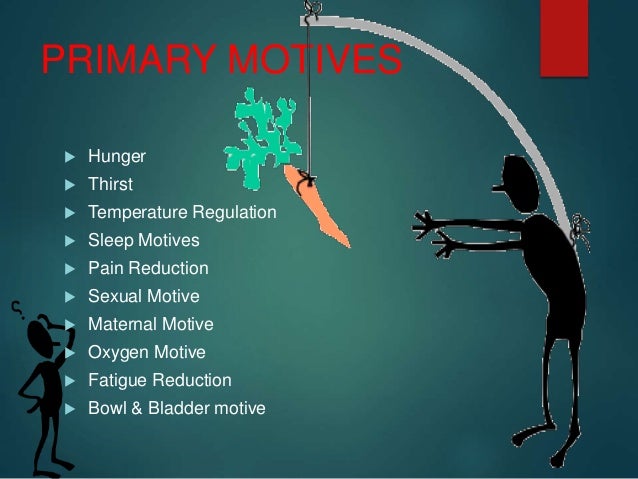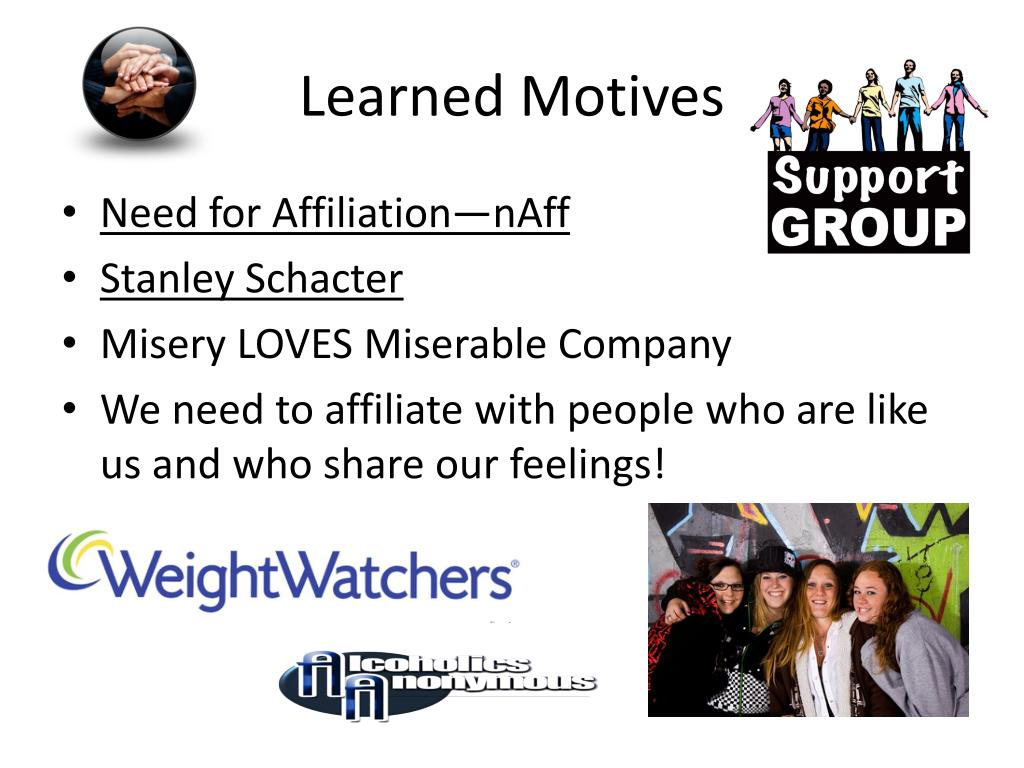


‘pull’ of external goals Based on personal & cultural experiences Wants & desiresġ2 Incentive Theory Strengths: Weaknesses: Secondary drives satisfiedĭoes not account for primary motives Fails to explain why people do things when not receiving an external incentiveġ3 Contrasting Approaches You are hungry…ĭrive Reduction “Push” 5 Hours since last meal Hunger Internal Incentive “Pull” Ice cream truck Palatability (good tasting) externalīased on 2 basic ideas Individuals perform tasks at different levels of arousal Wakefulness / alertness & stress Each individual seeks to find its optimal level of arousal to perform tasks & avoid boredom Boredom vs. Strengths Useful for explaining biological needs Primary drives satisfied Homeostasis for biological needs Weaknesses Does not account for secondary motives Curiosity Sensation seeking Play Achievement Affiliation Powerġ1 Incentive Theory A positive or negative ENVIRONMENTAL (has to be external) stimulus that motivates behavior Apart from the “need” to reduce drives. Acquired (secondary) drives - those drives that are learned through experience or conditioning, such as the need for money or social approval.ĩ Homeostasis The goal of our body, according to com psychologist, is to ELMINATE all drives so that we can experience homeostasis A balanced or constant internal state that the body regulates Thirstiness (physiological need) creates tension state (drive) which motivates you to get water After you drink, the drive is reduced and you are closer to homeostasisĨ Types of Drive Primary drives - those drives that involve needs of the body such as hunger and thirst. Strengths: Provides survival value By studying animals, we can understand basic human behaviors Weaknesses: Doesn’t meet the complexity of most human behavior Many behaviors cannot be simplified to this degree described & labeled behavior, did not explain them.ĭesire to reduce internal tension caused by unmet biological needs Hunger Exhaustion Drive: aroused state of psychological / physiological tension caused by some need Drives motivate us to do something Need: - a requirement (such as food or water) that is essential for survival of the organism.

Inherited patterns of behavior that are unlearned Self preservation Mostly common in species outside of humans Evolutionary programming Fixed action patterns Evolutionary heritage Instinct / Evolutionary Perspective -unlearned Drive Reduction - homeostasis Incentive – reinforcement & punishment Arousal Theory - balance Humanistic: Maslow’s hierarchy of needs – psychological needs of those who were psychologically healthy Achievement Motivation – overcome obstacles Intrinsic A desire to perform a behavior for its own sake. Intrinsic MotivationĪ desire to perform a behavior due to promised rewards or threats of punishment. Biological, Emotional, Cognitive, Social forces Activation Persistence Intensityģ Extrinsic Motivation Vs. 1 Motivation Motivation - the process by which activities are started, directed, and continued so that physical or psychological needs or wants are met.


 0 kommentar(er)
0 kommentar(er)
